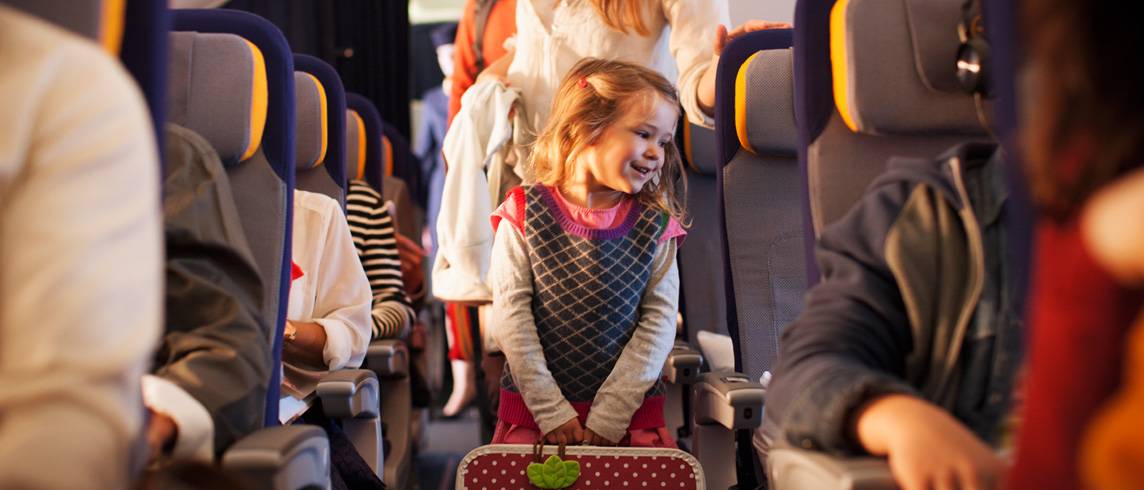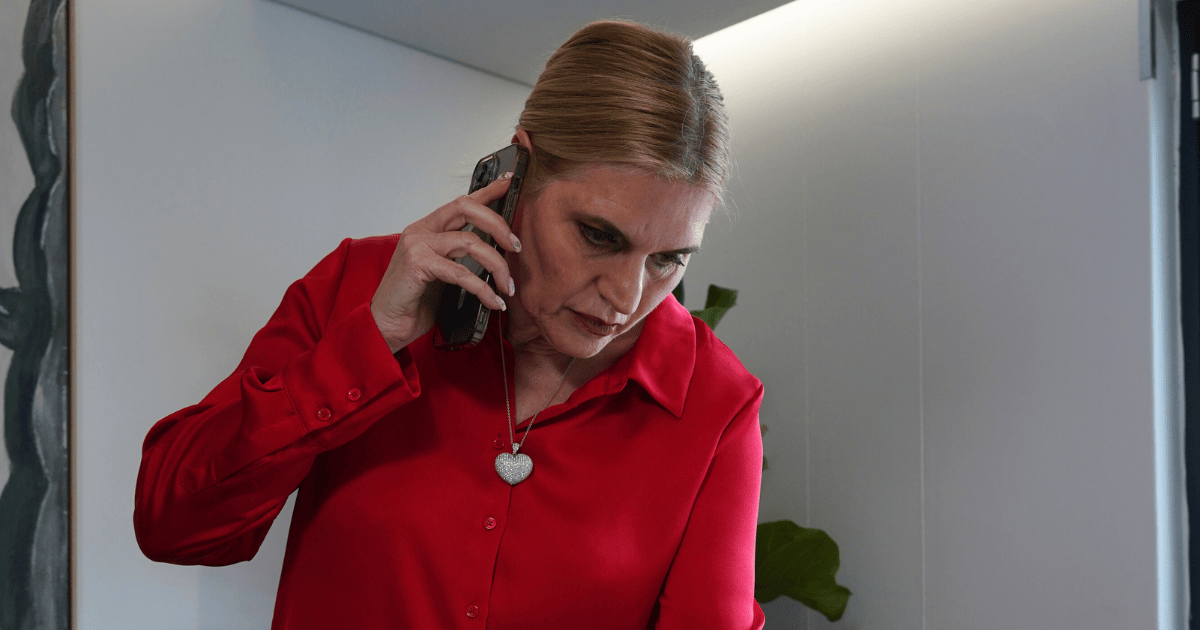It has been reported that there has been a notable increase early in 2020 in emigration enquiries (70%) and completed applications (45%), primarily to Europe, Australia, New Zealand and the Caribbean, by South Africans. This steadily increasing interest to emigrate has not gone unnoticed by ordinary citizens, with the #ImStaying movement on various social media platforms arising from a Facebook group in September 2019.
Divorced parents facing the question of whether to emigrate or not, and the effect this has on their co-parenting of their children, have it the most difficult in balancing their personal views and interests against what may be in the best interests of their children, more particularly if only one parent will be emigrating with the children.
Parental consent is necessary from both parents to the emigration of their children, and many are concerned about the effect this has on their parental responsibilities and rights and on their continued involvement on a meaningful level in their children’s lives.
Contact and guardianship are notable issues, particularly with divorced parents who do not see eye to eye with one another whilst living in South Africa alone, and there is a danger that one parent may choose refuse to provide their parental consent even if the emigration is in the best interest of the children just to spite the other parent.
This does not detract from the understandable concerns of many parents when it comes to how they will get to spend meaningful time with their children whilst living in different countries from one another, or in handling the impracticality of making day to day and important educational and medical decisions for their children when they are forced to first seek and courier forms back and forth, at great cost, for the signature and consent of the other parent on matters.
If one parent refuses to provide their parental consent to the emigration, a High Court application becomes necessary to make the case as to why this is in the best interests of the children and to address the exercise and limits of parental responsibilities and rights in a timeous manner to ensure that applications can be processed without delay.
The High Court is the upper guardian of all South African children, and the decision of the Court hearing this application is on the constitutional imperative, as repeated in the Children’s Act, to place the best interests of the children above all else at all times.
Our firm has successfully assisted a number of clients with this particular issue, whether done amicably or through the necessary High Court application where one parent is refusing to provide their parental consent, and are happy to arrange for a consultation with you and advise you on this in accordance with your situation.
For direct answers to your specific personal questions, please contact us directly.
Read more about our child law services.
Author – Murray Taylor





